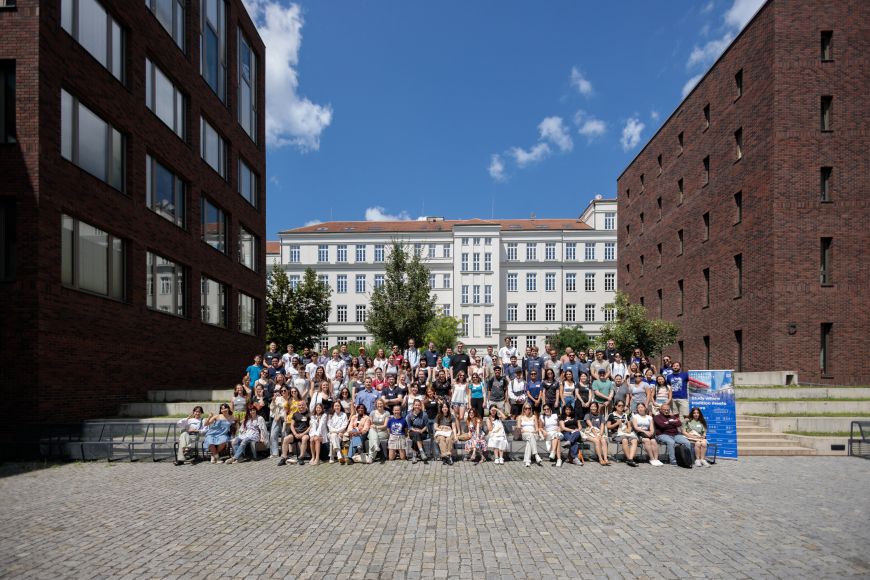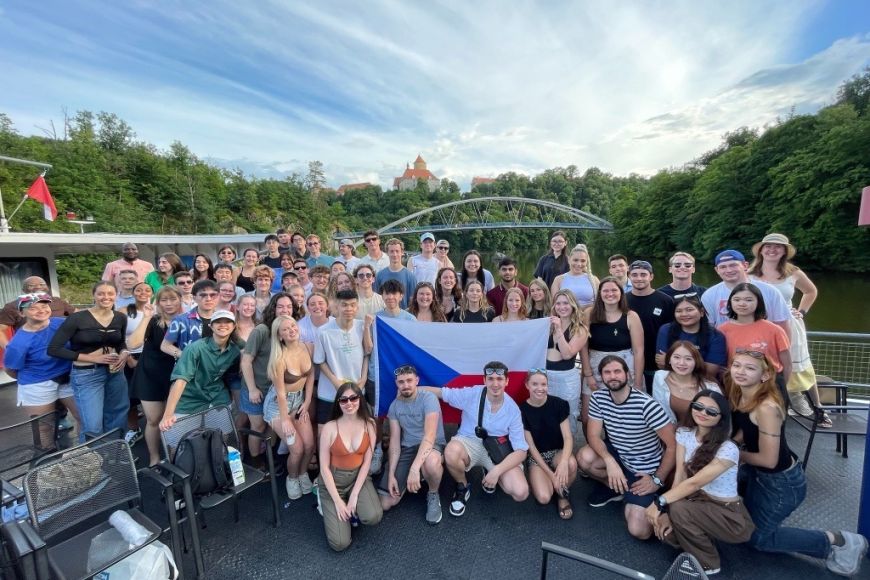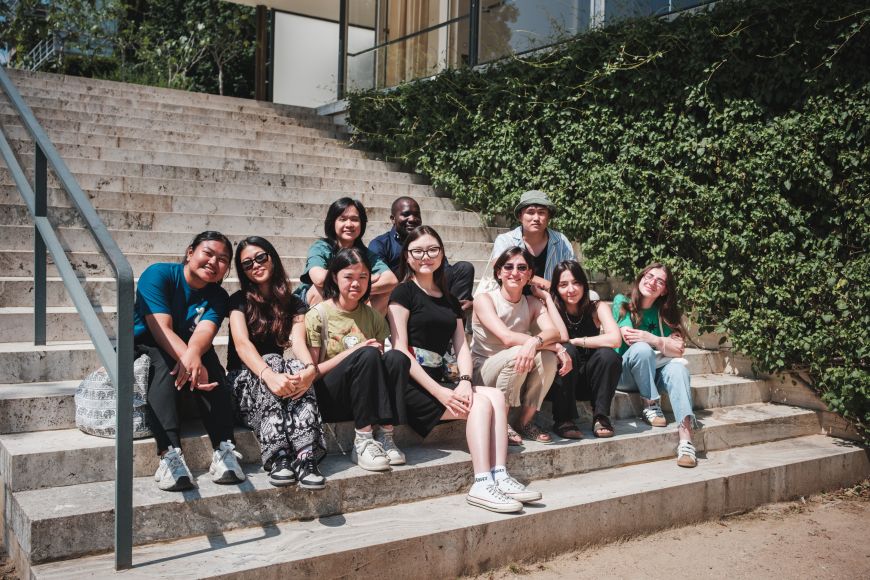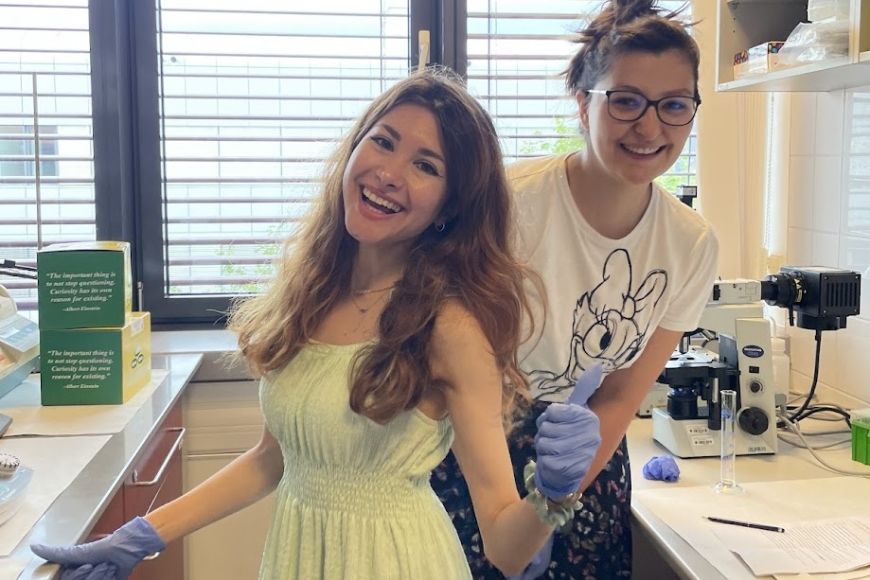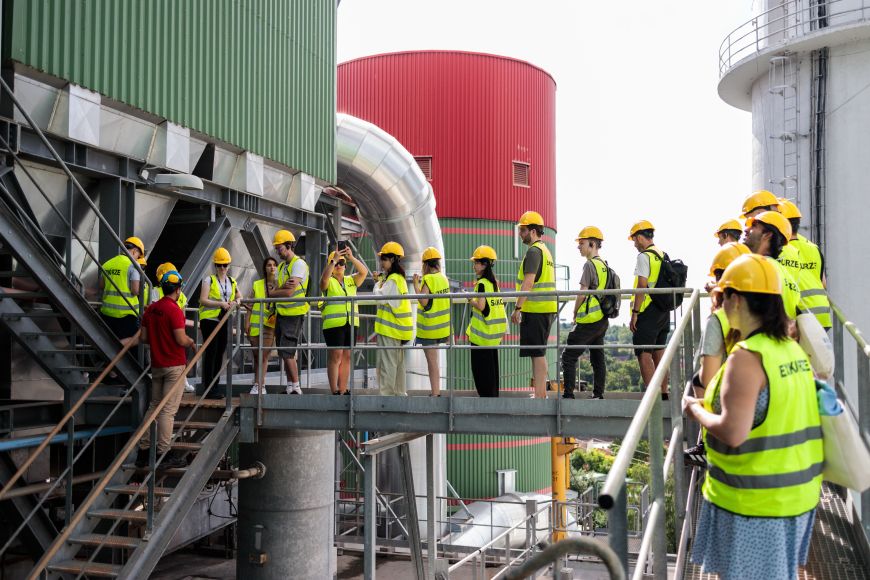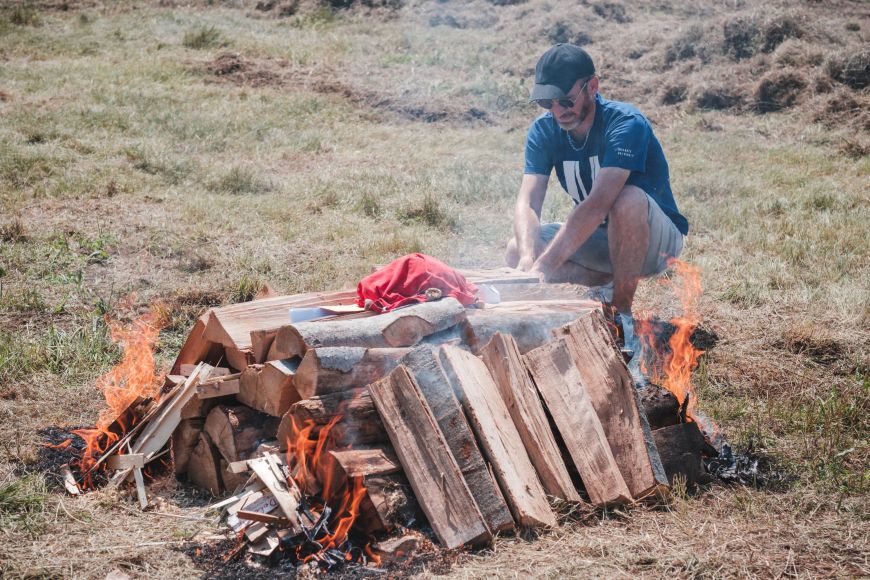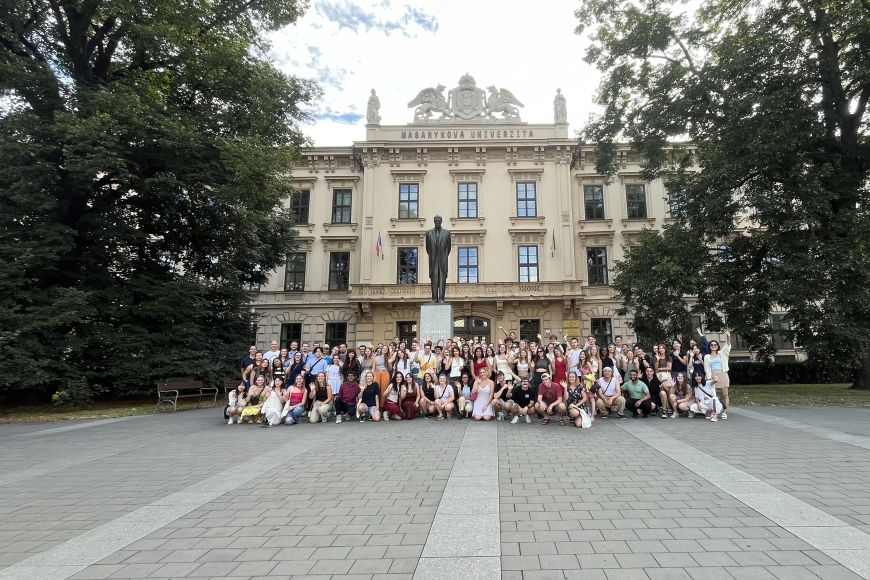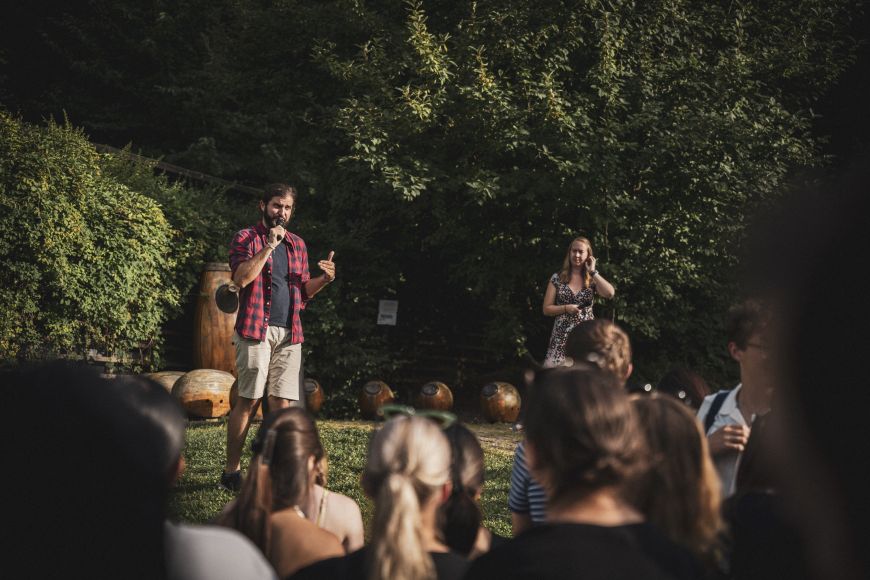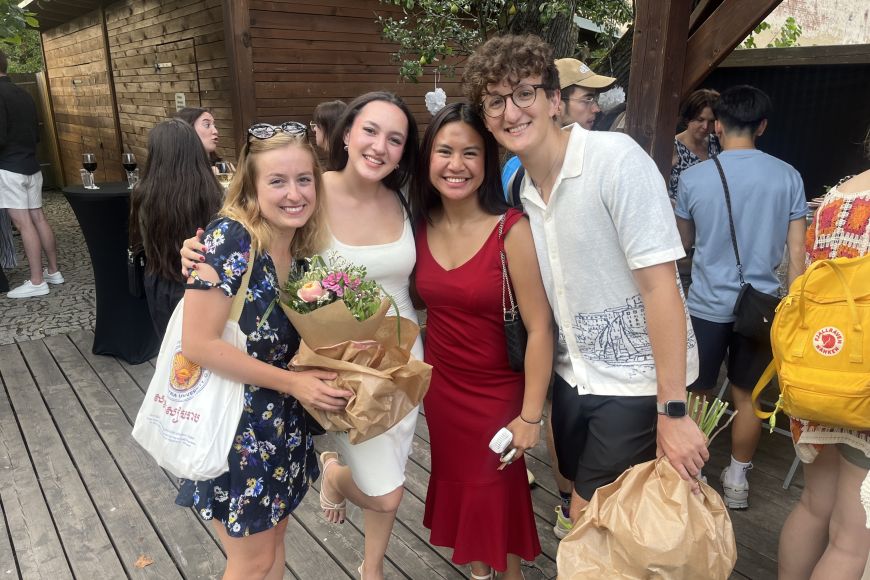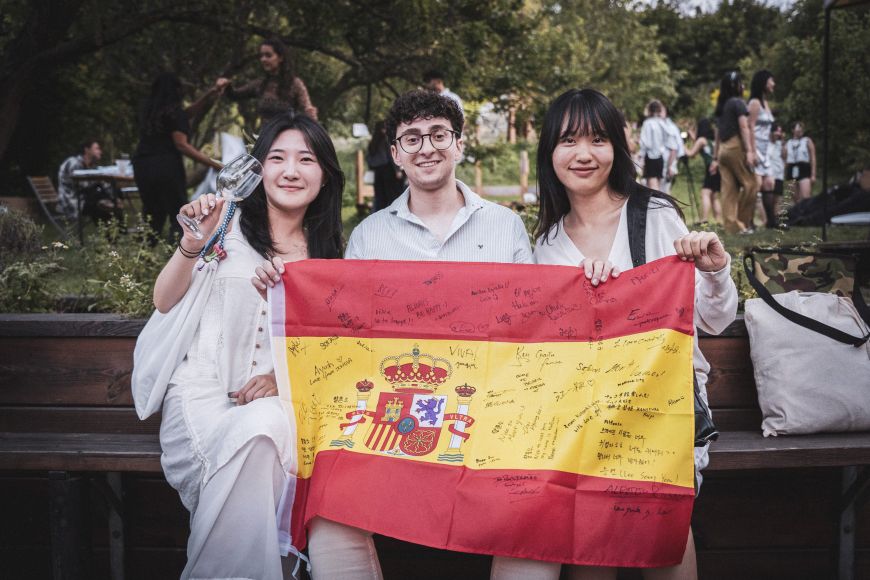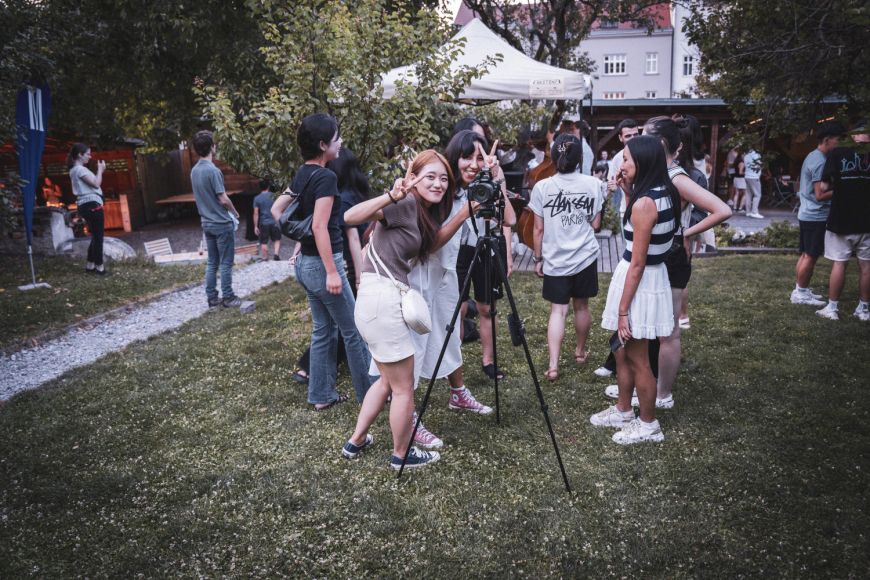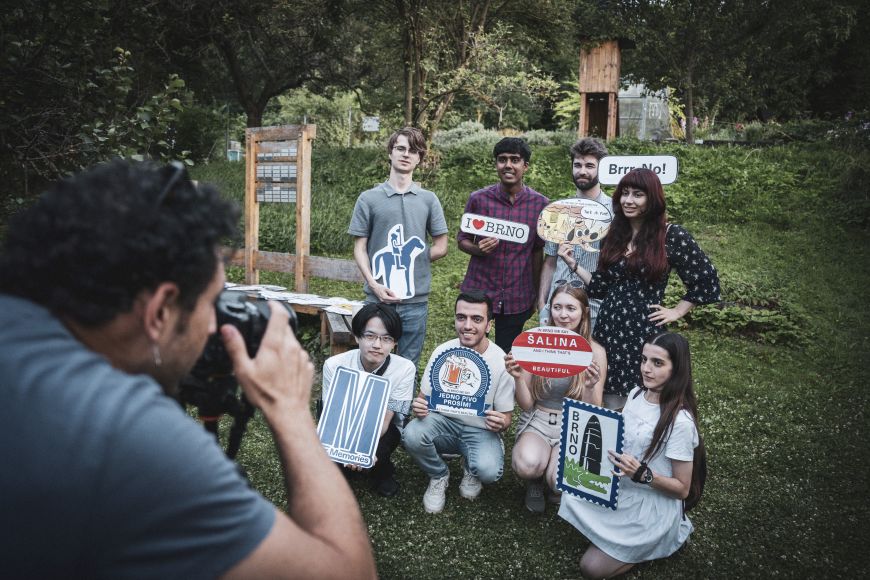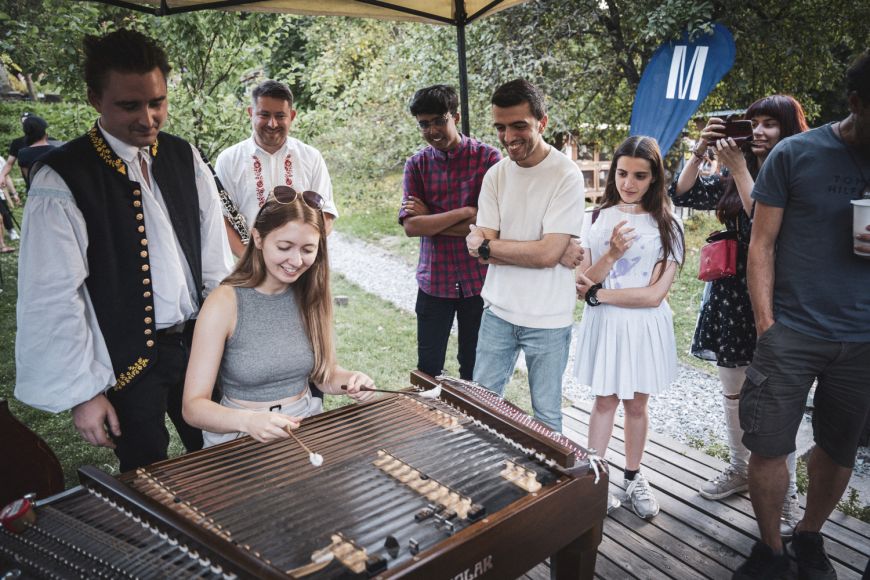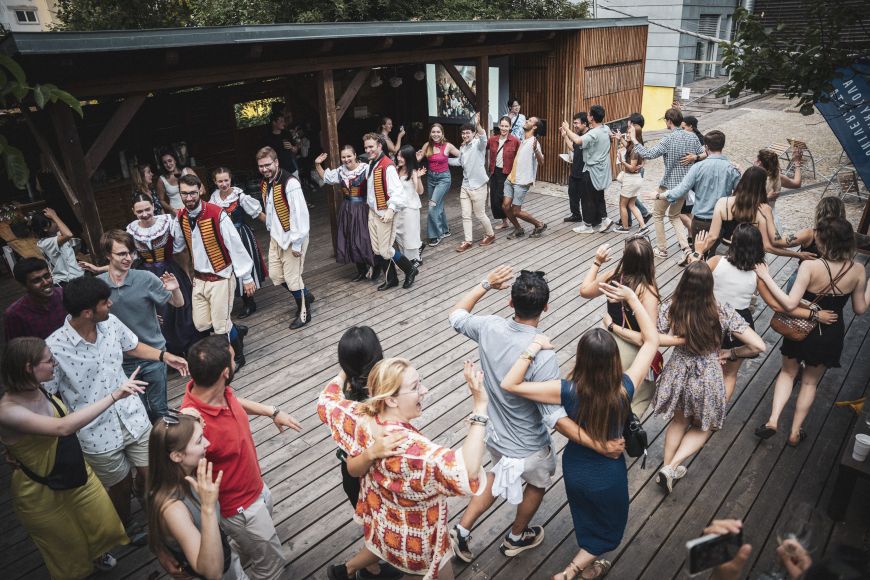This year's summer schools, organised by the Centre for International Cooperation of Masaryk University together with the six faculties of the university, were very varied. International students could apply for one of 19 summer schools focused for example on human rights, energy or social policy, international security, sustainability, business, sports, linguistics or embryology, or 3D printing in pharmacy.
In addition, most of these summer schools were organised in a special and unique two-week format, which Masaryk University introduced only the summer before last. Its goal is to offer an alternative to students for whom three-week to one-month summer schools are unrealistic, often for time, family or financial reasons.
“Our idea has been a great success, and it’s why we attracted around 70 students to the two-week summer school last year, and this year even more than 100. This year's summer school season was overall very successful - we welcomed 168 international students from 42 countries around the world and from all the continents. We have very positive feedback on this year's courses - both for the teaching and the cultural programme. Next year we plan to organise even more summer schools and we are currently looking for teachers and interesting topics that will attract more students to Brno,” said Petr Boucník from CZS, who together with his team was in charge of coordinating all 19 summer schools from May to July.
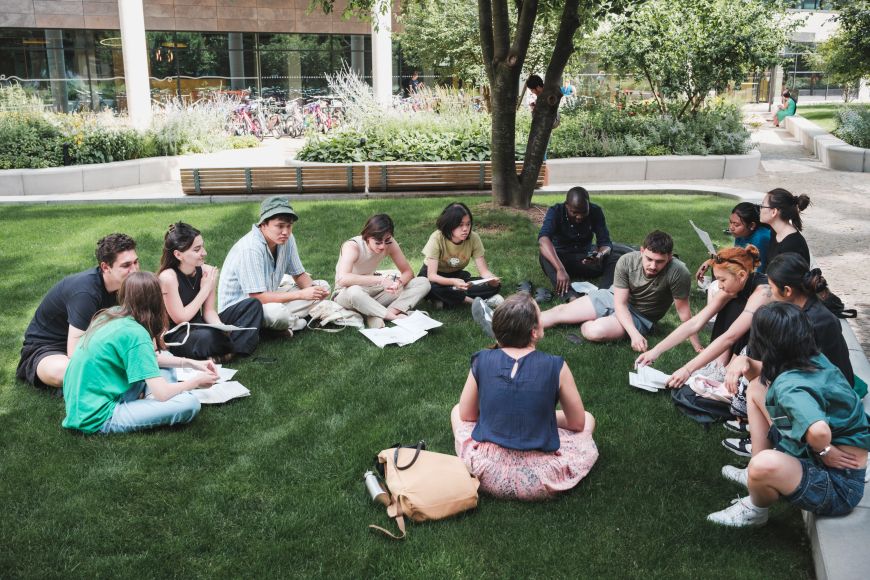
Practical tuition and a rich cultural programme
Students from European countries, as well as the USA, Canada, Mexico, India, Kazakhstan, China, Japan, Taiwan, Malaysia, Cambodia, the Philippines and the Republic of South Africa came to the MU summer schools. More than 50 teachers from six faculties were involved in teaching of dozens of international students, preparing for the students interesting courses full of theory and group and individual projects, as well as practical training, for which the students went out into the field in the afternoon part of the programme.
For example, in the newly opened Urban Sustainability summer school, the course programme included an afternoon walk around Brno in, where students could learn more about Brno's architecture and sustainable buildings. At the Energy Policy & Security of the EU summer school, the students went to the SAKO waste collection and processing factory, where they could see up close how a city of 400,000 people deals with collected waste on a daily basis. Students at the Anthropology of Cremation summer school also experienced unconventional teaching, where they saw what cremation looks like in practice and how several hours of heat reduces a pig's leg to ashes.
In addition to tuition, a rich cultural and social programme had been prepared for the students. At the very beginning of their stay in Brno, the coordinators prepared for them an encryption game around Brno and a welcome dinner, thanks to which the students could get to know and establish contact, not only with their classmates, but also with colleagues from other summer courses. The initial icebreaking session was then followed by many other leisure activities, for example a tasting in a wine cellar, a group trip by steamboat and trips to Vienna, Olomouc or Veveří Castle.
Students full of praise for the barbecue
The summer school ended with a farewell barbecue in the Open Garden. It was there that the students showed the greatest enthusiasm for their entire stay at Masaryk University. Three interns, Thomas Breil and Caroline Kamal from the USA together with Alexandrei Sabaten from Canada, even came to thank the summer school coordinators Erin Anna Huták and Marie Dobešová with a bouquet.
Like the three interns, Spanish student Alfonso Alfonso Muñoz Ruiz was also enthusiastic about the summer schools. “I am studying for a bachelor's degree in Cordoba and I came to Brno for a summer school focused on 3D Printing in Pharmacy. I was interested in the theme of the summer school and the fact that I would spend only two weeks at the school during the summer holidays, so I applied. The two weeks flew by, the classes were great fun and I really liked Brno itself. I could happily have stayed a week longer, as I really liked the Czech Republic. Even thanks to this brief experience abroad, I started thinking about going somewhere on Erasmus. It must be great to be somewhere all semester.”
Dutch student Lisa Rudolph, who came to the Sport Sciences and Outdoor Education summer school, was also very excited about her stay at MU. “Unlike other classmates from summer schools, I actually had to attend summer school - my university in Amsterdam requires it. And I'm glad I chose MU because it was a great and fun two weeks. Lots of new people, an interesting programme full of sports games and activities including yoga or bouldering. But we also had great teachers, their lectures focused on, for example, rehabilitation or nutritional counselling were very interesting, I learned a lot.”
Portuguese student Alberto Miguel Rosales also praises the European Social Policy summer school, although he says the academic part was more demanding than he expected. “It was a demanding two weeks, we were given quite a lot of assignments, and the teaching and subsequent self-study were time-consuming. But I learned a lot of new things about my field, for which I am very grateful. And besides, I got to know so many people from different corners of the world, which will definitely come in handy in the future.”
Student Jade Cruz from the American Juniata College was so excited by her stay in Brno that she decided to move to the Czech Republic for a while. She originally came to Brno for a field internship as part of the Czech Mates programme. During this, she worked for two months as a copywriter at the Albatros Media publishing house and for example helped prepare materials for children's literature. “It was a great work experience and I liked Brno so much that I am looking for a job there. I plan to come back and work full-time in a few months.”
MU is already preparing the next winter and summer schools
This year's summer school season is over, but Masaryk University has already started preparing the programme for the next summer and winter schools. Everything that is on offer, including field internships, is available on the website summeratmasaryk.cz, where the final list of courses for summer 2025 will be published in October. Those interested can apply for winter schools until 1 October, 2024, and for short-term summer stays until 1 April, 2025.
Photogallery:

